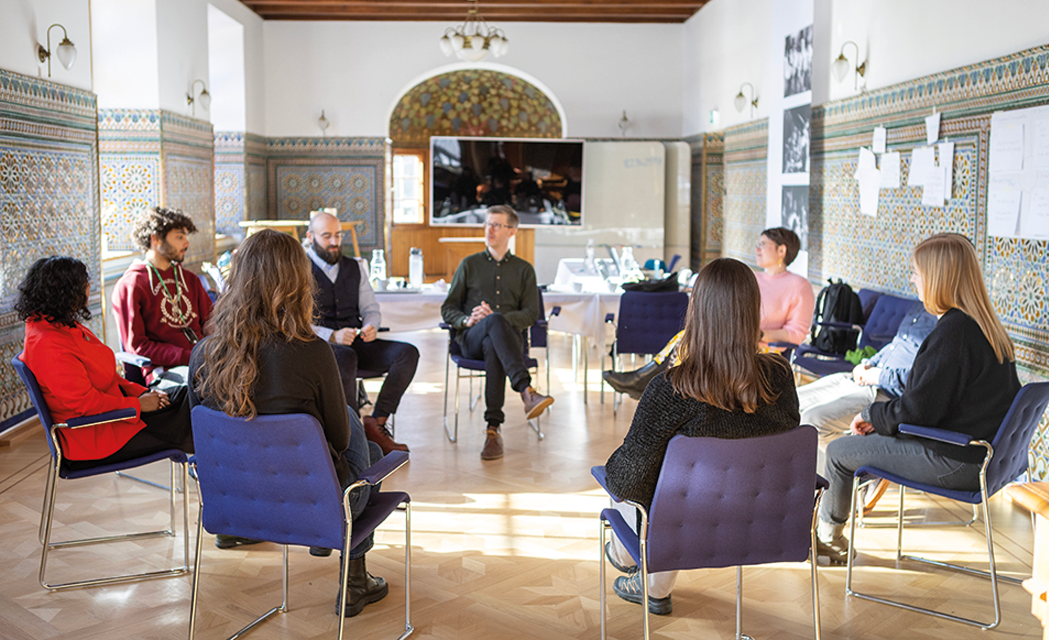Author: Inna Chilik
As part of the EU Cities Mission, the Twinning Learning Programme, facilitated by NetZeroCities, aims to to contribute to the objective of 112 climate neutral and smart cities by 2030. Setting a new benchmark for cooperative urban sustainability efforts, this programme highlights the importance of city-to-city partnerships and knowledge exchange in fostering significant environmental advancements. A recent gathering featuring a Twinning Trio cities— Umeå, Lulea, and Wuerzburg—under this visionary programme, showcases the immense potential of international collaboration in propelling cities towards their sustainability and inclusivity goals.
The site visit took place on 20-21 March in Umeå, one of the Pilot Cities, and provided fertile ground for sharing, learning, and growing together in their work towards sustainable urban development. This gathering was not just a testament to the collaborative spirit that drives such initiatives but also reflective of each city’s progress, challenges, and the road ahead. Through rich discussions encompassing a wide array of topics, the visit underscored the importance of gender equality, collaborative learning, a multifaceted approach to sustainability, and the navigation of common challenges.
At the heart of conversations were the topics of public participation and citizen engagement and their pivotal role for the success of urban sustainability initiatives.
Here are some key insights and learnings that emerged from the site visit:

Integrated Engagement Strategies
All three cities underscore the importance of designing integrated engagement strategies that encompass diverse demographic groups, ensuring inclusivity in the sustainability dialogue. Engaging citizens not as passive recipients but as active contributors to sustainability projects fosters a sense of ownership and commitment to the outcomes.
Digital Platforms for Wider Reach
The use of digital platforms, as demonstrated by Umeå’s ‘Umecom’, serves as a powerful tool for reaching a broader audience, facilitating dialogue, and gathering input on sustainability initiatives. These platforms offer a space for innovative engagement, allowing for wider participation beyond traditional town hall meetings.

The Role of Education and Awareness
Initiatives aimed at educating the public and raising awareness about sustainability issues are crucial. Programmes like climate-smart school meals in Umea do not only address sustainability directly but also serve as an educational tool, influencing younger generations and their families about the importance of sustainable living practices.
Co-Creation and Collaborative Platforms
The development of collaborative platforms for co-creation, as seen in the Lulea Future Forum and Wuerzburg’s Climate Council, highlights the need for citizen involvement in planning and decision-making processes. These platforms allow for the sharing of ideas, concerns, and solutions, fostering a collaborative approach to tackling urban sustainability challenges.
Overcoming Barriers to Engagement
Recognising and addressing barriers to engagement is critical. This includes language barriers, accessibility issues, and the digital divide, which can prevent certain groups from participating. Strategies to overcome these barriers, such as providing materials in multiple languages, accessible venues for meetings, and support for digital access, are essential for inclusive engagement.
Feedback Loops and Transparency
Establishing clear feedback loops and ensuring transparency in how citizen input is used in decision-making processes are vital. This builds trust between the public and city authorities, showing that participation is valued and has a tangible impact on sustainability policies and projects.
Long-Term Engagement Beyond Initial Consultation
The experiences of this Twinning Trio cities highlight the importance of sustained engagement, not just one-off consultations. Long-term relationships with community groups, NGOs, and the wider public encourage ongoing participation and support for sustainability initiatives, ensuring their success and adaptability over time.
Gender Equality: A Cornerstone for Sustainability
A standout insight from the exchange was the crucial role of gender equality in shaping sustainable cities. Umeå’s deliberate integration of gender considerations into its urban planning and sustainability efforts exemplifies a growing recognition that true sustainability transcends environmental concerns, touching deeply on social equity and inclusivity. By ensuring that initiatives are gender-responsive, cities can create spaces that are safer, more accessible, and equitable, ultimately leading to more effective and sustainable outcomes.
A Multifaceted Approach to Sustainability
The cities presented a variety of climate strategies, showcasing the complexity and depth required when approaching urban sustainability. From Umeå’s climate neutrality goals to Wuerzburg’s heat transition strategies and Lulea’s green industrialisation efforts, it became evident that tackling urban sustainability demands a holistic approach. This includes not just addressing environmental issues but also weaving in the economic, social, and cultural fabrics that define urban spaces.
Navigating Common Challenges
A recurring theme throughout the visit was the commonality of challenges faced by the cities, especially in areas such as transportation emissions, integrating sustainable mobility, and engaging stakeholders in meaningful ways. These shared struggles underscored the value of the Twinning Learning Programme as a platform for not just sharing successes but also for understanding deeper systemic patterns across cities and brainstorming potential responses to shared obstacles.
Reflections and Future Pathways
While each city has made commendable progress in its climate journey, the road ahead is both long and challenging. However, the site visit, provided a moment of reflection and a surge of motivation.
Looking ahead, the insights gained from the site visit illuminate a path forward, which might be uncertain, but will be marked by continued collaboration, innovation, and a shared commitment to building sustainable, inclusive urban futures.
The visit shone a light on the power of collaborative learning. While Umeå, Lulea, and Wuerzburg have diverse insights, strategies, and starting points in the journey towards climate neutrality, they can nevertheless benefit immensely from shared experiences and lessons. The site visit became a catalyst for mutual learning, where knowledge exchange is multidirectional benefiting both Pilot and Twin Cities.

These cities will meet again for another site visit in Wuerzburg planned for Autumn 2024. On this occasion, cities will dive deeper into how to bring public participation to the next level, and invite diverse stakeholders to co-create better more beautiful and just futures for our cities.
Umeå, Lulea, and Wuerzburg’s journeys can serve as inspiring models for cities in Europe and worldwide, proving that when cities come together to share and learn, the journey towards sustainability becomes a shared venture filled with possibilities.
To learn more about Umea’s pilot project “The North Star” visit: https://netzerocities.eu/umeas-pilot-city-activity-the-north-star/





